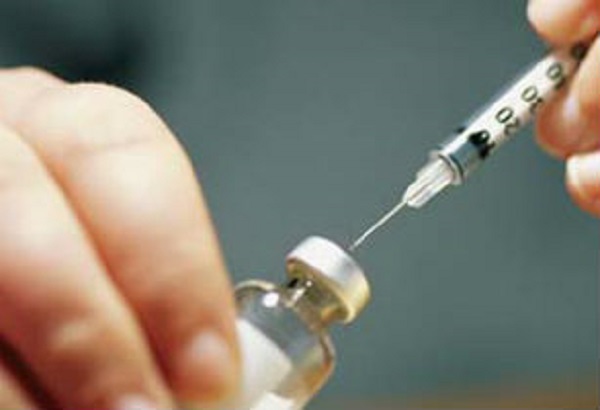In 1980, the Hemlock Society (now known as Compassion and Choices) was formed to work for the legalization of physician-assisted suicide by proposing state legislative bills, voter initiatives and public advocacy.
These efforts failed until finally in May 1994, the Oregon Medical Association changed its position opposing physician-assisted suicide to neutrality.
Six months later, Oregon voters approved the very first U.S. physician-assisted suicide law 51% to 49%.
Not surprisingly, now the Oregon Medical Association “supports the position that ‘death with dignity’ (aka physician-assisted suicide) is part of the doctor-patient relationship.”
Obviously, the neutrality of the medical association was a big factor in getting the first physician-assisted suicide law passed in the U.S. as well as its eventual integration into Oregon’s health care system.
Now, Compassion and Choices, the now well-funded promoter of assisted suicide and other death “choices,” is celebrating that:
“The Massachusetts Medical Society is the 10th American Medical Association chapter that has dropped its opposition to medical aid in dying and adopted a neutral stance on the practice, including nine of them in the last two years. The others are the California Medical Association in 2015, Colorado Medical Society in 2016, Maryland State Medical Society in 2016, Medical Society of the District of Columbia in 2016, Maine Medical Association in 2017, Minnesota Medical Association in 2017, Nevada State Medical Association in 2017, Oregon Medical Association in 1997 and Vermont in 2017.” (Emphasis added)
And that:
“Massachusetts’ ‘neutral engagement’ position is even better than a simply neutral position,” said Rebecca Thoman, M.D., campaign manager for Doctors for Dignity for Compassion & Choices. “It means if Massachusetts enacts a medical aid-in-dying law, the medical society will offer education and guidance to physicians who want to incorporate medical aid in dying into their practices.” (Emphasis added)
Ironically, as the Boston Globe reported in January 2017 [emphasis added]:
“The vote before the Massachusetts Medical Society was whether to approve a survey — just a survey — of members’ attitudes toward “medical aid in dying.” …
In the end, the policy-making body decisively endorsed the survey and approved $25,000 to fund it — a sign that the Massachusetts Medical Society may be reconsidering its historic rejection of what it has called “physician-assisted suicide.’’ It comes as this movement to give terminally ill patients an option to end their life at a time of their choosing is gaining traction, propelled in part by some physicians’ groups dropping their longstanding opposition.
The surveys were ultimately sent to 25,000 doctors but only 12 to 13 percent were returned. Of those returned, approximately 60 percent of respondents wanted the medical society to rescind its opposition to physician-assisted suicide, while 40 percent wanted to keep the policy.
The most fundamental medical ethic of not killing or helping patients kill themselves must not be reduced to a popularity contest.
If this radical change in medical ethics results in the Massachusetts legislature legalizing physician-assisted suicide or by yet another voter referendum, the Compassion and Choices agenda to legalize assisted suicide throughout the U.S. will continue to accelerate to the detriment of the health care system, ethical health care providers and all medically vulnerable people.
LifeNews Note: Nancy Valko, a registered nurse from St. Louis, is a spokeswoman for the National Association of Pro Life Nurses.








